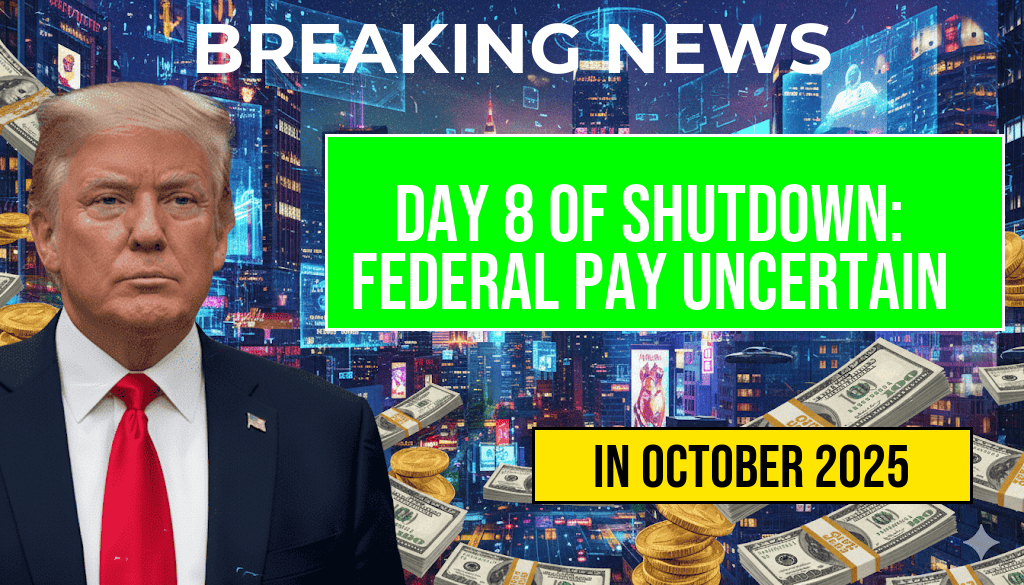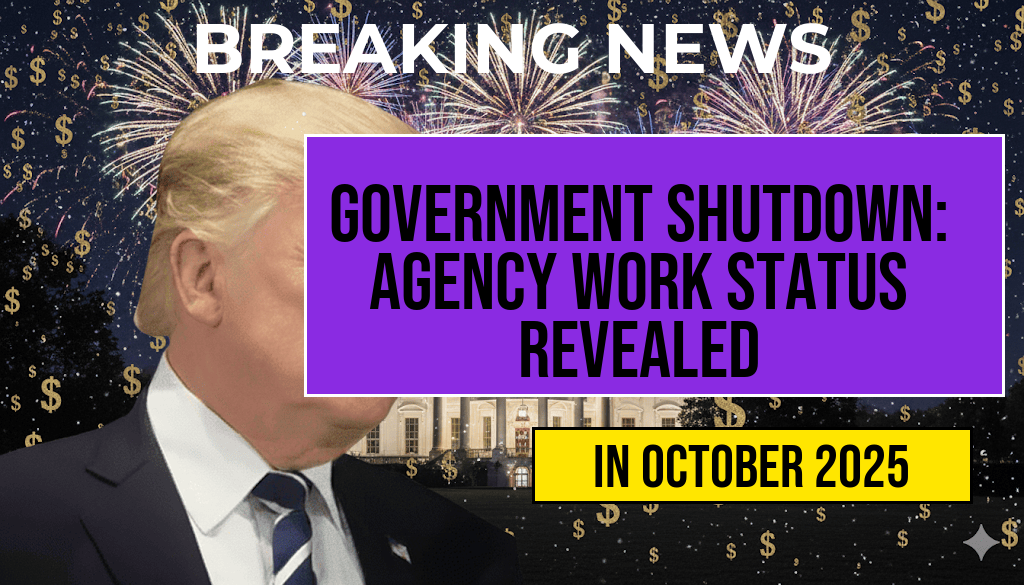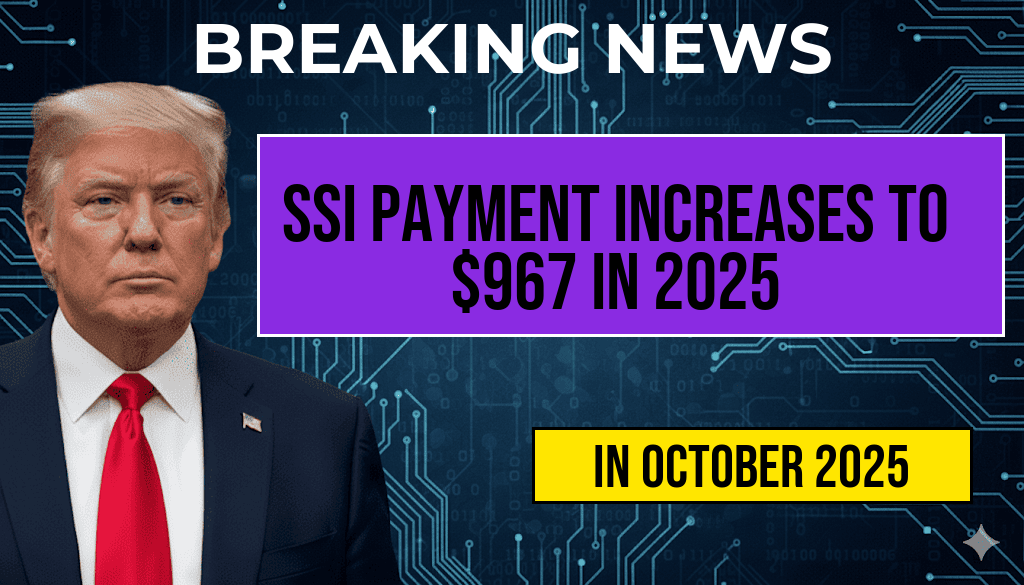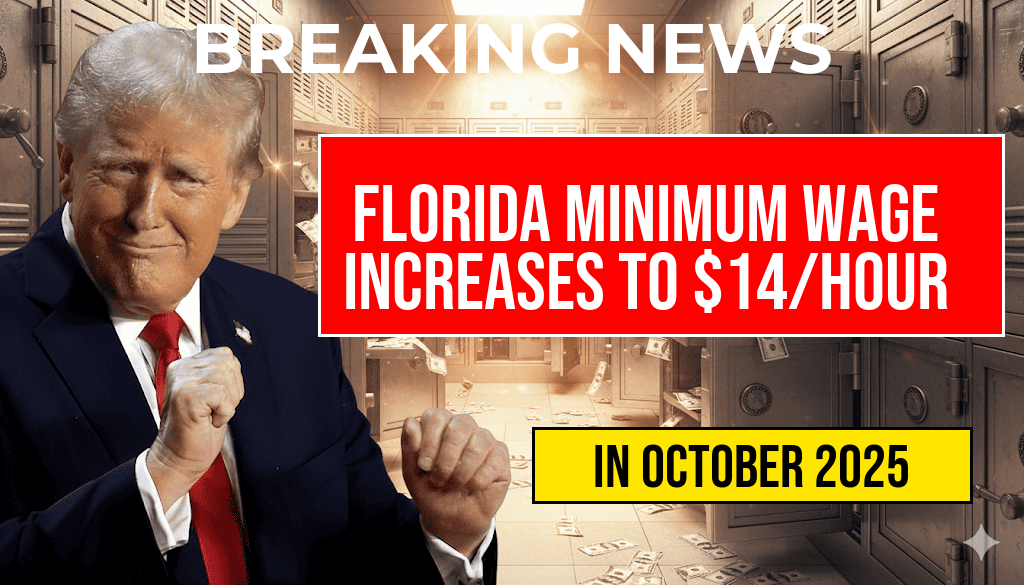As the federal government enters the eighth day of an ongoing shutdown, uncertainty looms over the question of compensation for federal workers. With many government offices shuttered and employees furloughed, concerns are swirling about whether these workers will receive zero dollars or full pay during this period of inactivity. The shutdown, triggered by budgetary disputes among lawmakers, has left more than 800,000 federal employees in limbo. As Congress deliberates on funding measures, federal workers and their families are anxiously awaiting clarity regarding their financial futures. With the shutdown continuing, a detailed examination of previous shutdowns offers insight into what federal employees might expect as negotiations unfold.
Background on the Current Shutdown
The current shutdown began when Congress failed to pass a budget before the September 30 deadline. The key point of contention is the proposed budget allocations for various government departments, particularly regarding funding for certain programs. As a result, several federal agencies have suspended operations, affecting essential services and programs.
Impact on Federal Workers
Federal employees are classified as either “essential” or “non-essential.” Essential workers are required to continue their duties, often without immediate compensation, while non-essential workers are placed on indefinite furlough. This distinction plays a crucial role in determining pay during a shutdown.
Pay Scenarios During Government Shutdowns
Historical data from previous shutdowns provides a framework for understanding how pay is typically handled:
- Full Pay After Shutdown: In many past instances, including the shutdowns of 2018-2019 and earlier, Congress has passed legislation to ensure that federal employees receive back pay once the government reopens.
- Zero Pay for Furloughed Workers: During the shutdown, furloughed employees do not receive any paychecks. This can create immediate financial strain, as many rely on their salaries to meet living expenses.
- Essential Workers May Delay Pay: Those considered essential must continue working, but their compensation may be delayed until the shutdown concludes.
Legislative Responses and Prospects
As the shutdown drags on, lawmakers are under increasing pressure to reach an agreement. Proposals have emerged from both sides of the aisle, with some advocating for a short-term funding bill to restore operations while debates about the budget continue. The House and Senate have begun negotiations, but disagreements persist over specific funding allocations.
Historical Precedents for Federal Worker Pay
| Year | Duration | Employee Pay Status |
|---|---|---|
| 2018-2019 | 35 days | Back pay granted after reopening |
| 2013 | 16 days | Back pay granted after reopening |
| 1995-1996 | 21 days | Back pay granted after reopening |
Public Reaction and Support for Federal Workers
The public sentiment surrounding the current shutdown has been largely sympathetic toward federal workers. Many advocacy groups have mobilized, urging Congress to prioritize the financial well-being of those impacted. Social media campaigns and community support initiatives have sprung up, aiming to provide assistance to workers facing hardships.
Support Resources for Affected Workers
- U.S. Office of Personnel Management – Provides resources and guidance for federal employees.
- National Active and Retired Federal Employees Association – Offers support and advocacy for federal employees.
- FedSmith – A platform providing news and information for federal employees.
As the shutdown extends into its second week, federal workers face an uncertain future. With crucial decisions pending from Congress, the hope for timely resolution and compensation remains the priority for many. The next few days could determine whether federal employees will receive zero dollars or full pay once the stalemate ends.
Frequently Asked Questions
Question 1: What is the current status of federal workers’ pay during the shutdown?
As of Day 8 of the shutdown, federal workers are facing uncertainty regarding their pay, with many potentially receiving zero dollars if the situation persists.
Question 2: How does the government shutdown affect federal employees’ salaries?
The government shutdown can lead to federal employees being furloughed, which means they may not receive their regular salaries, resulting in a risk of receiving full pay only if the shutdown ends quickly.
Question 3: Are all federal workers affected equally by the shutdown?
No, the impact of the shutdown varies; some federal workers may be considered essential and continue to work without pay, while others may be placed on unpaid leave.
Question 4: Will federal employees eventually receive back pay after the shutdown ends?
Typically, federal workers who are furloughed during a shutdown are eligible to receive back pay once the government reopens, although this is contingent on legislative approval.
Question 5: What actions can federal employees take if they are not receiving pay?
Federal employees can explore options such as applying for temporary assistance programs, budgeting their finances, and staying informed about developments in the shutdown that may affect their pay.











